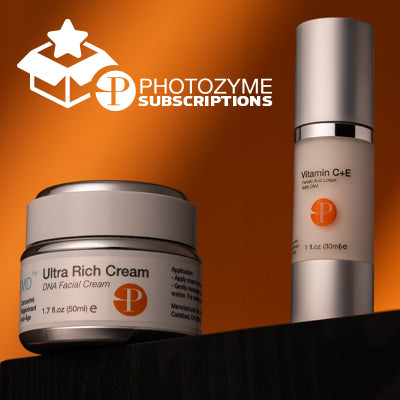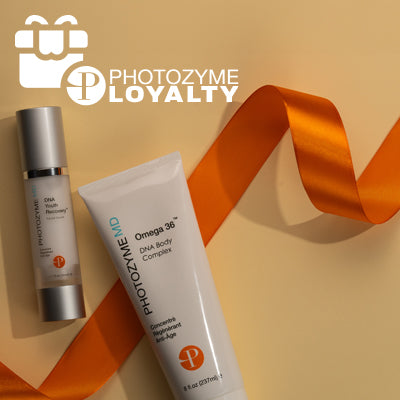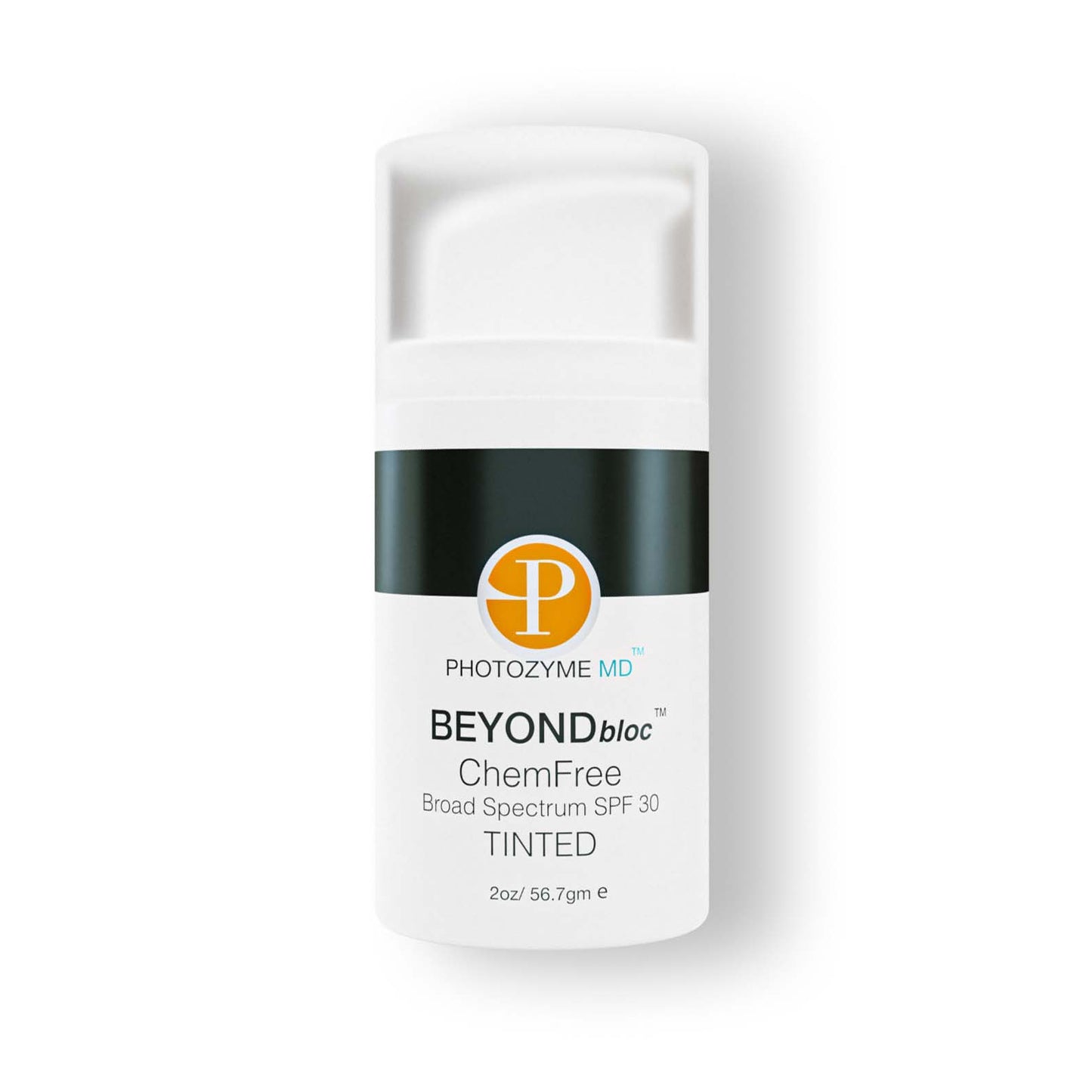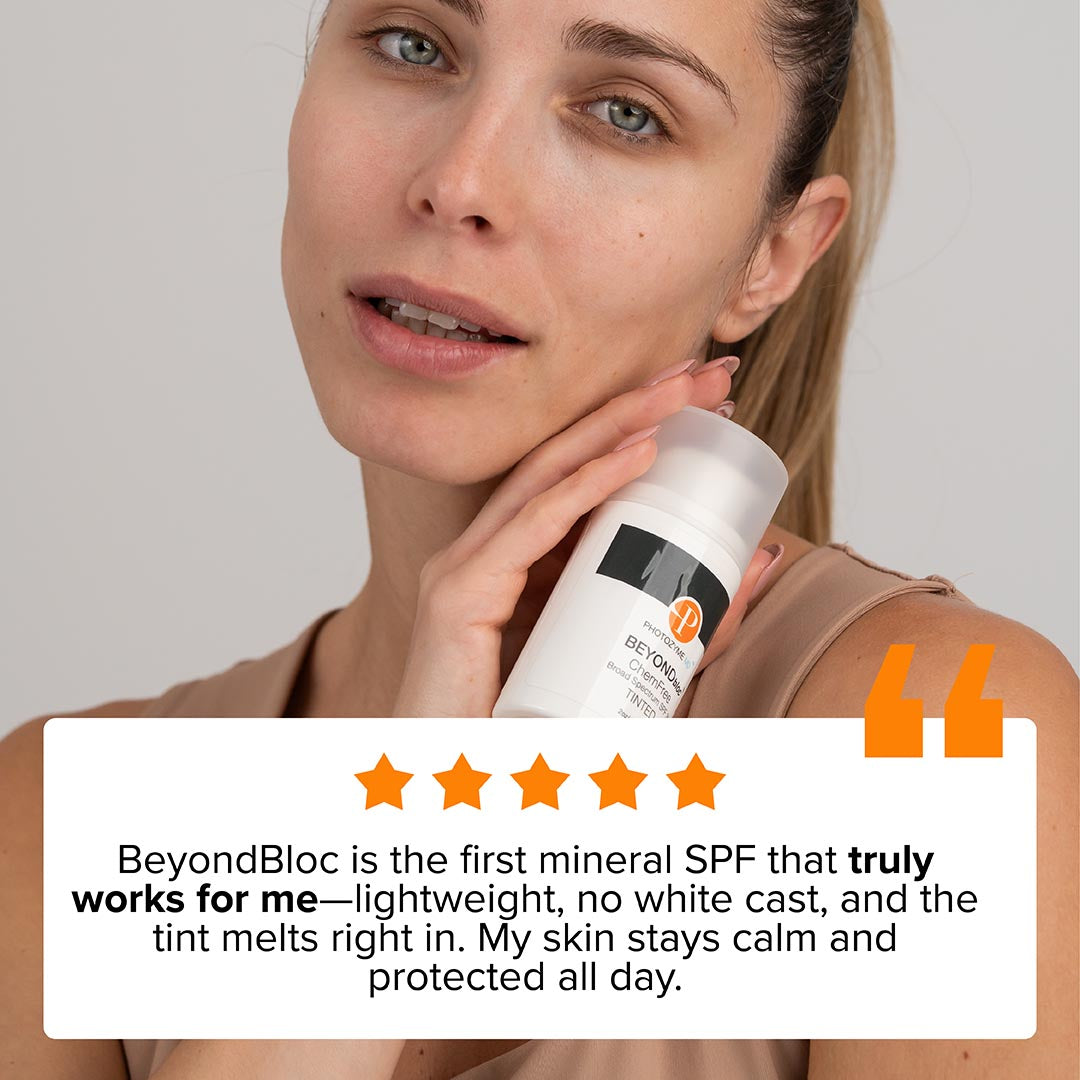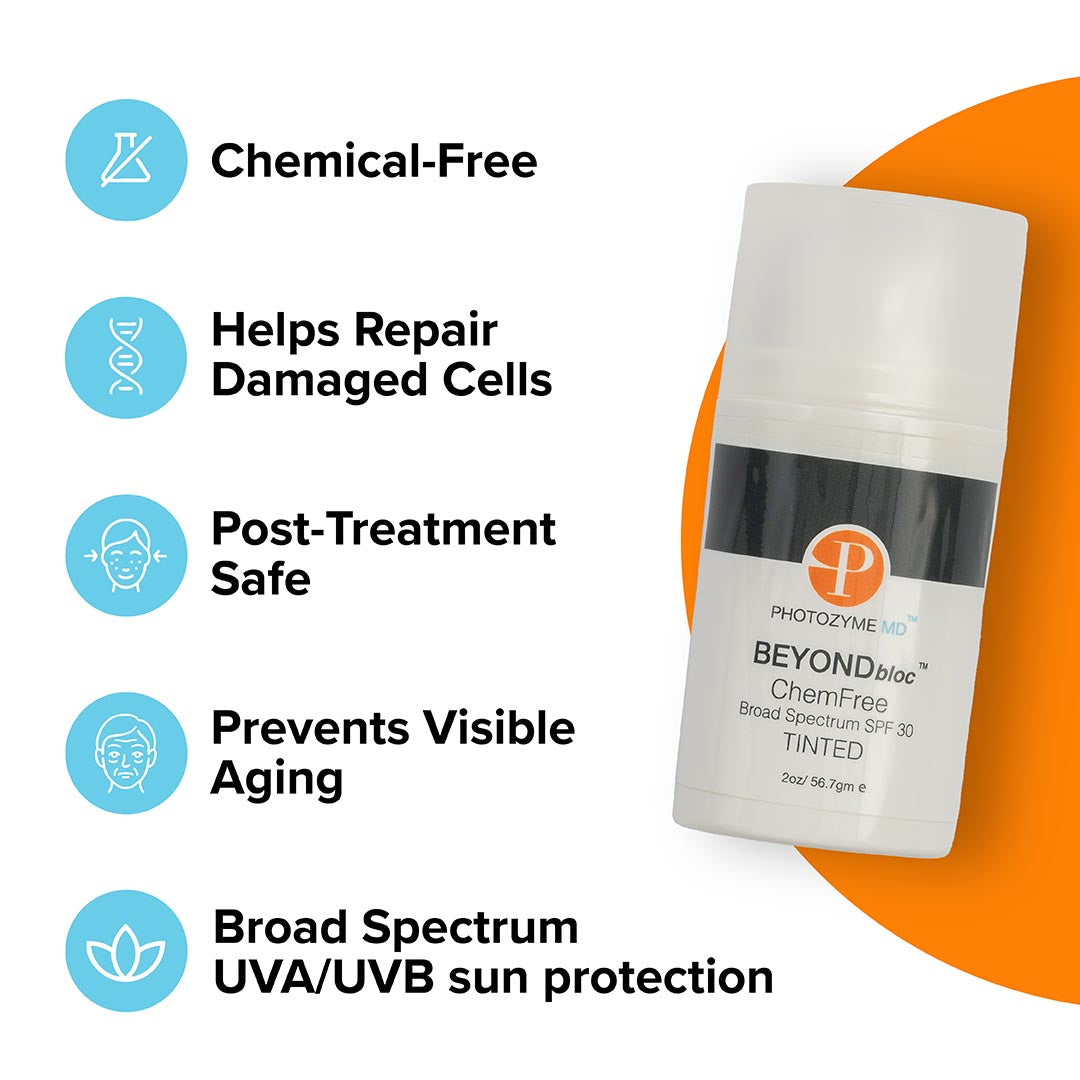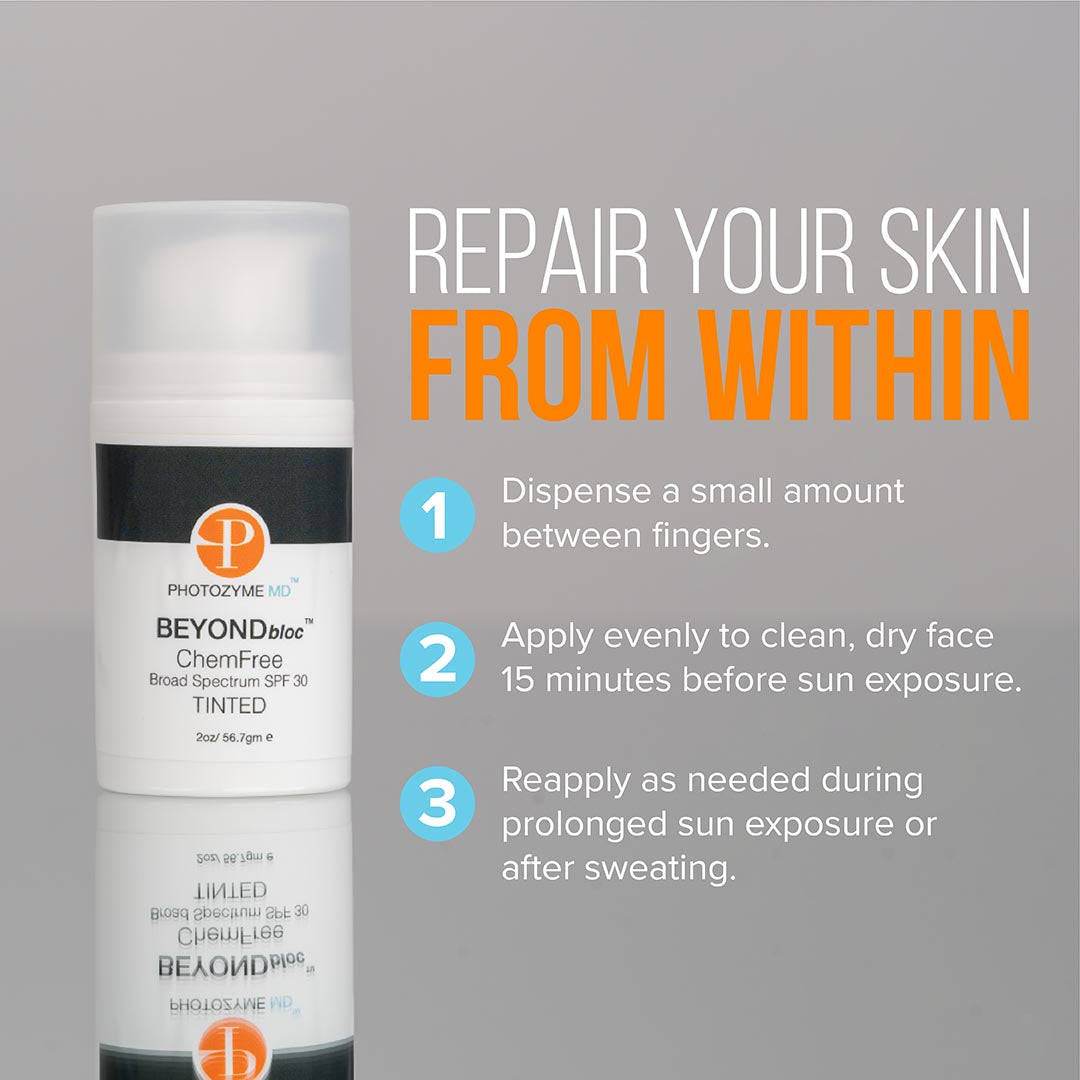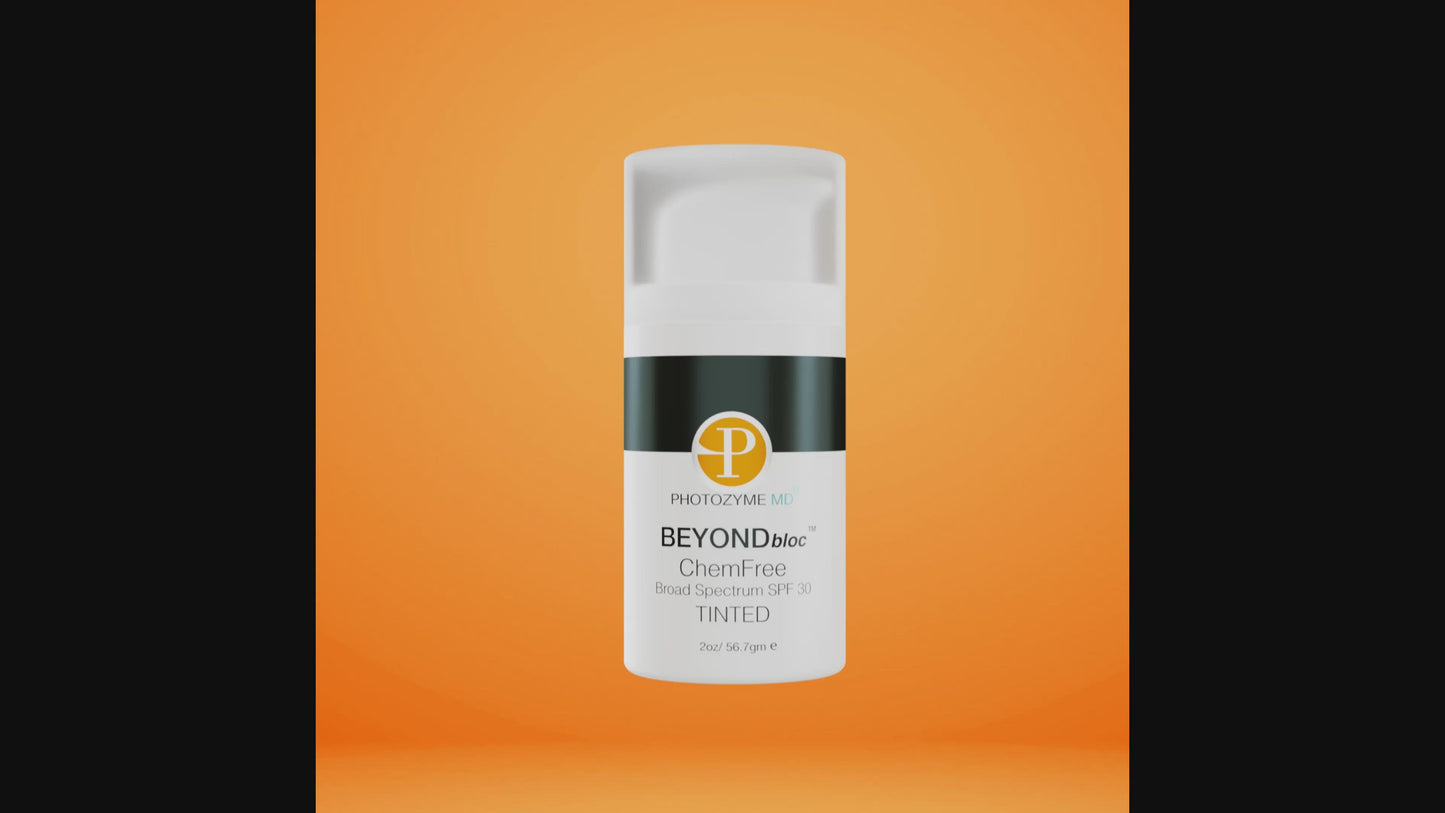This store requires javascript to be enabled for some features to work correctly.
It glides on so smooth and feels really nice and neutral on, light and airy. The light tint doesn't bother me, it's a cool tone so I just mix in some bronzer and top with a darker powder and that's enough to balance out the color on my light/medium skin tone. I'm looking forward to seeing how this sunblock helps my skin over time.
I love that this contains all of the dna repair enzymes
This would be a great spf if your gonna be out in the sun the sunscreen will protect and the enzymes will repair whatever the sunscreen doesn’t capture
But aesthetically I would give this product and F-MINUS
I can't use chemical based sunscreens as if they get used on up to my orbital bones, my eyes will be watering, red and irritated. This mineral based tinted sunscreen works well for me, though a smidge light colored on my light-medium complexion. (Just a drop of liquid bronzer takes care of that!) The finish is your skin but better. Happy to use this over DNA Recovery Serum!
I like the tinted primer consistency of this sunscreen. It's easy to spread and helps keep my glasses from sliding down my low bridge nose. The tint is quite light and won't cover any pigmentation but feel better knowing the enzymes are doing their bit to protect my skin. Darker skin tones will probably have an issue with the colour but it works for me.
This is the best product I’ve ever used.Results are instant and performance is beyond expected.
Photozyme Features
From The Blog
Sign Up And Save $25
Join Our Mailing List
Receive discounts and tips for your skin care routine!

